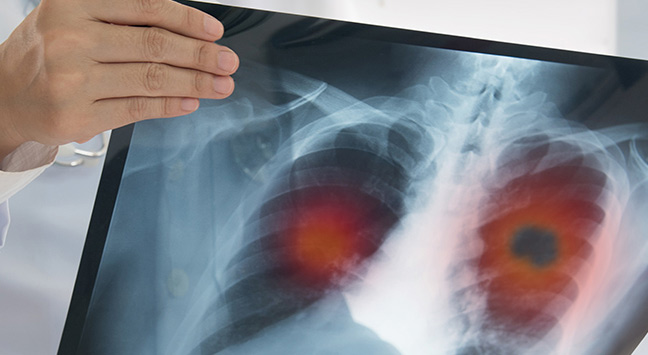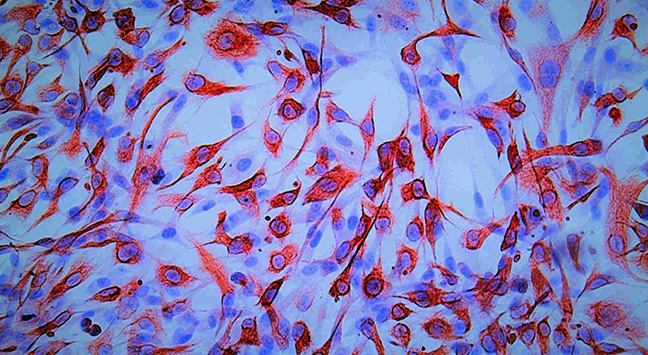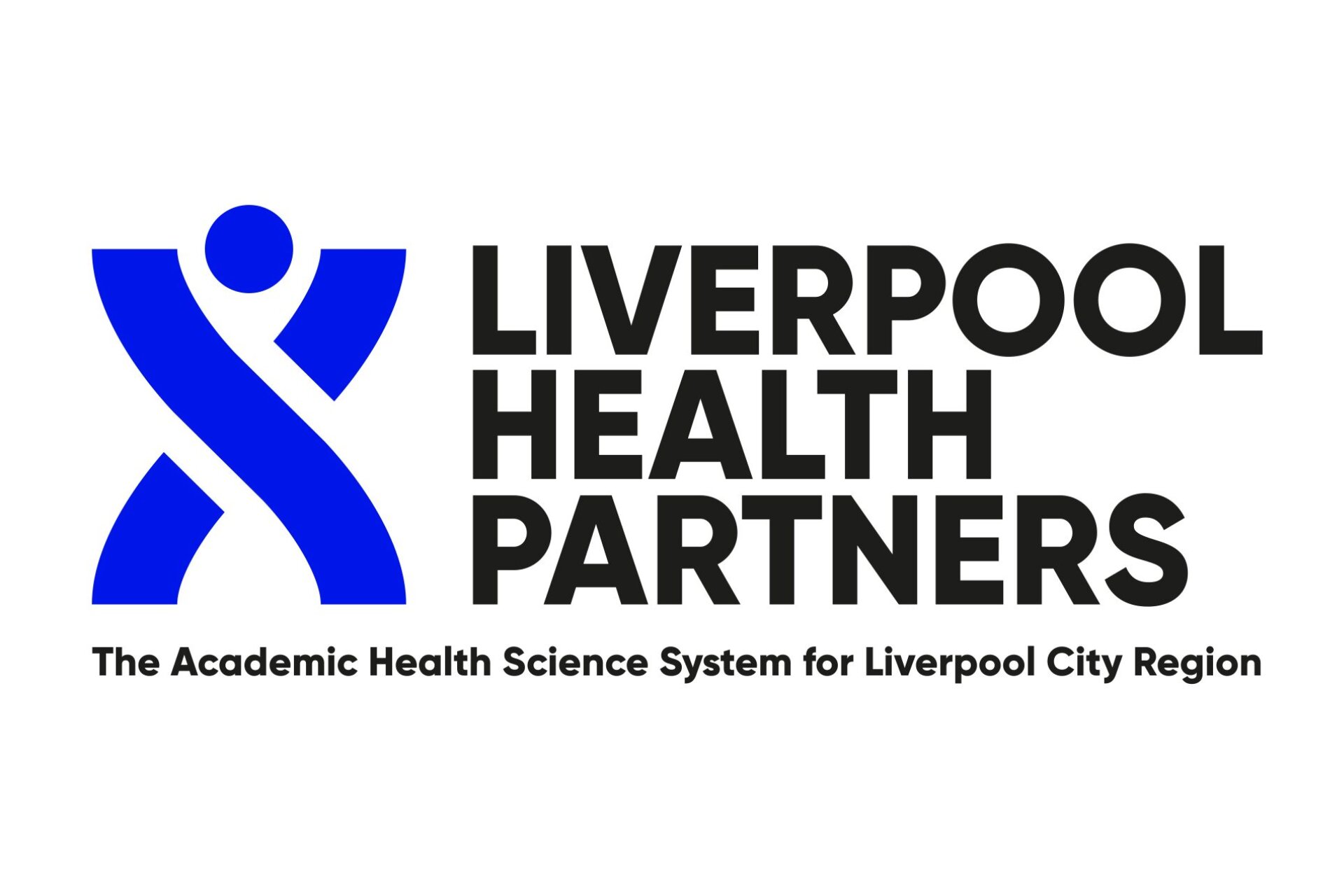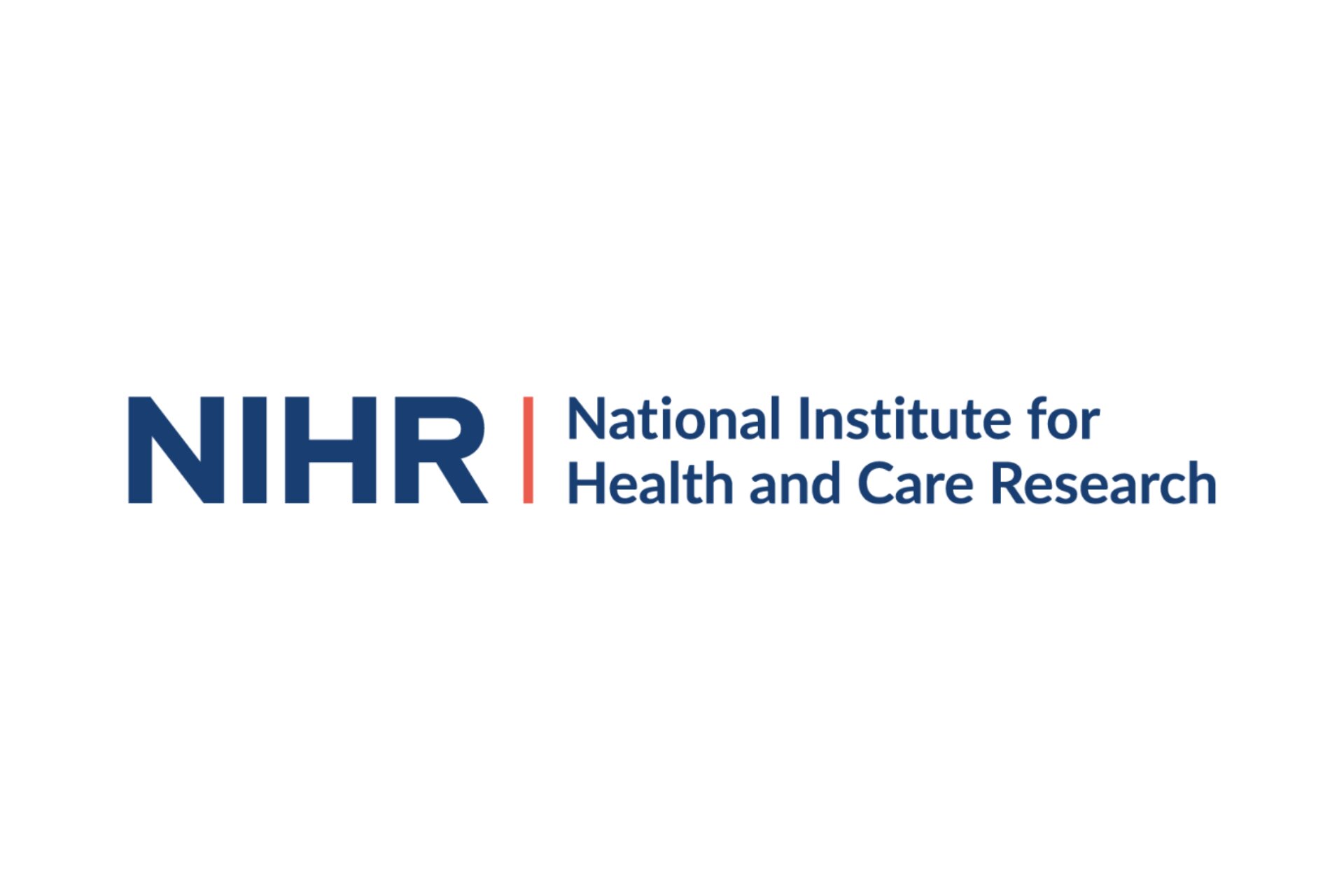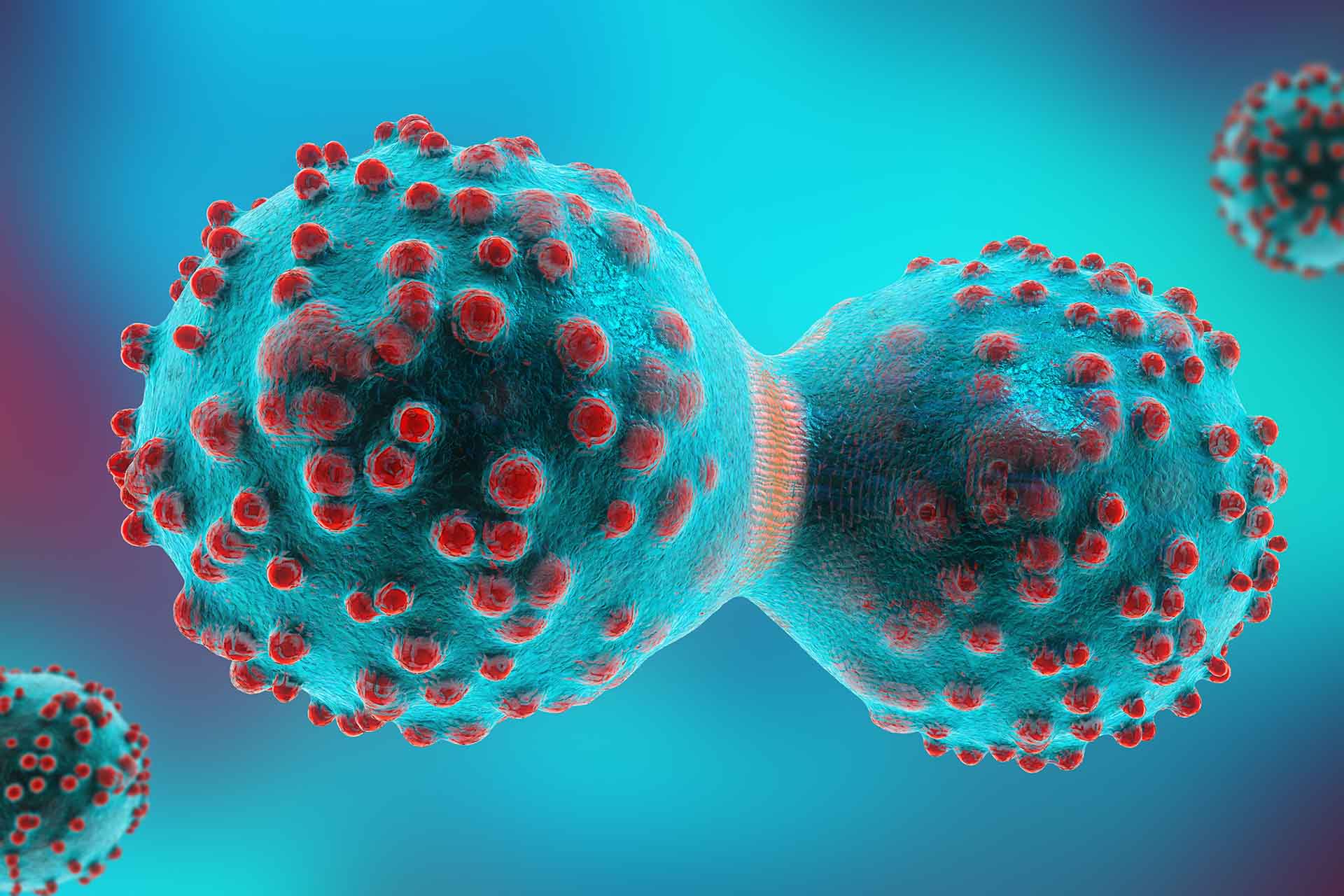
Our research
We integrate research into the biology of life across a magnitude of scales, from single molecules through to whole organisms. Using cutting-edge and world-leading multi-omics technologies, our research answers impactful biological questions.
A key focus of our research is on delivering novel therapeutics with reduced toxicity to patients via an improved understanding of biological mechanisms.
Our work spans the atomic structure of molecules, signalling cellular pathways and the detection of abnormal cellular phenotypes.
Download the ISMIB Research Brochure (PDF, 7.5MB) or ISMIB Researcher Directory (PDF, 5.2MB).
